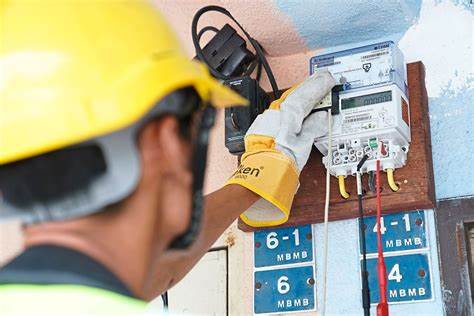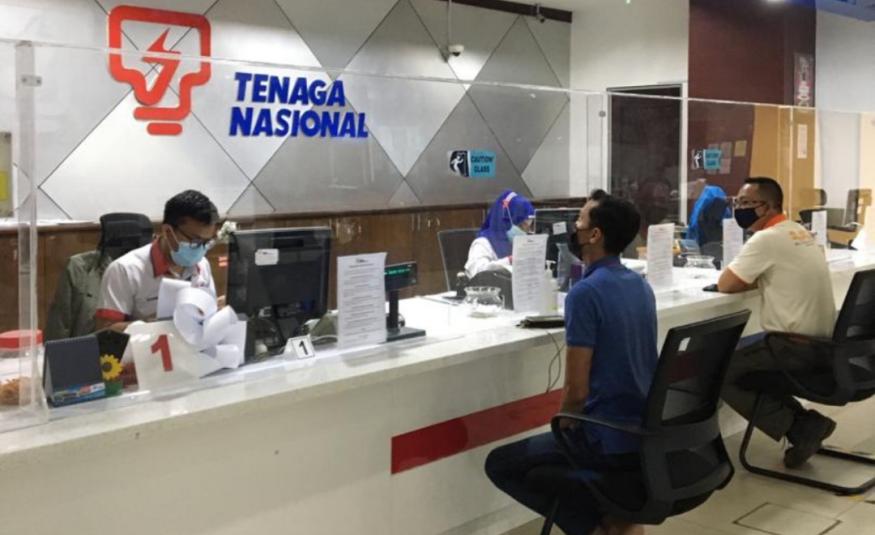MALAYSIANS benefit from one of the most competitive electricity tariffs in Southeast Asia and TNB's Average Interruption Duration Index System (SAIDI) is 45 minutes which is now comparable to the best developed countries in the world.
For TNB, the energy transition represents both a challenge and an opportunity. The challenge is the need to urgently transition to a low-carbon world in addition to meeting the increasing expectations of TNB's shareholders and stakeholders.
The scale and speed of the energy transition is an economic question. Therefore, the country's utility companies believe that managing these challenges will require a gradual transition.
The government will be an important element in this transition by helping to introduce innovative financing schemes and policies that ease the transition and reduce risk.
In Malaysia, however, consumers and entrepreneurs are spared from price pressures due to subsidies.

The current tariff, implemented since 1 Jan 2014 under the Incentive Based Regulation (IBR) mechanism, remains at 39.45 cents per kilowatt hour (kWh).
Meanwhile, non-domestic users from the commercial and industrial sectors have been charged a surcharge of 3.70 sen per kWh.
The Government uses the Kumpulan Wang Industri Elektrik (KWIE) funds to maintain the current rebate of two cents per kilowatt hour (kWh) for domestic and target consumers.
The government has paid TNB RM4.8 billion for the second half of 2022 under the electricity generation cost recovery scheme based on the Imbalance Cost Past-Through (ICPT) mechanism.
The majority of research firms forecast higher ICPT surcharges for the commercial and industrial sectors for the next implementation period from Jan 1 to June 30, 2023.
Electricity demand
According to CEIC Data, electricity production in Malaysia reached 14,782 GigaWatts per hour (GWh) in August 2022 and reached an all-time high of 14,800 GWh in May 2022.
The increased demand for electricity in Malaysia is in line with the country's economic recovery and will continue to bode well for TNB.
It is also expected to gain benefit from the country’s moves towards a low-carbon future, with a focus on renewable energy (RE).

In the nine months ending 30 Sept 2022, TNB's revenue jumped 46 percent to RM53.87 billion from RM36.89 billion previously, contributed by an increase in TNB's electricity sales in all sectors.
Without cost recovery from ICPT, revenue would have been RM37.95 billion, up 6.6 percent. Net profit fell 4.7 percent to RM2.65 billion compared to RM2.78 billion previously.
For 2022, electricity demand is expected to grow 1.7 percent year-on-year, compared to 1.2 percent in 2021, in line with projected gross domestic product (GDP) growth of 6.5 percent to 7.0 percent.
It is reported that the government is guaranteeing TNB financing of up to RM6 billion to finance the cost of additional working capital, which can also be recovered through ICPT.
TNB is also poised to benefit from Malaysia's energy transition, which among others include an additional grid investment and expanding its RE business opportunity. This is expected to increase its earnings and improve the public's perception of TNB’s environmental, social and governance (ESG) perception of the utility giant.
TNB is also accelerating its energy transition efforts by decommissioning selected coal plants earlier than planned and repowering fossil power plants with new green technologies.
Apart from investing in alternatives to gas and coal supply, TNB is already moving to smart meters and data analysis, and in some states these smart meters have been just been introduced to help consumers monitor their energy consumption and electricity usage more intelligently.

As concerns climate change continues to mount, global efforts, including by Malaysia to decarbonise, the government has taken immediate steps including with the launch of the National Energy Policy (NEP) 2022-2040 on 19 Sept 2022.
NEP outlines the government's commitment towards the energy transition that is happening around the world.
It aims not only to future-proof Malaysia's energy sector but also to leverage it as a catalyst for investment into and within the country for the well-being of the people.
More importantly, the NEP sets the tone for the development of the energy sector in the next two decades and is expected to have a significant impact on the entire energy value chain, from production and generation to distribution and consumption by end users. – DagangNews.com










